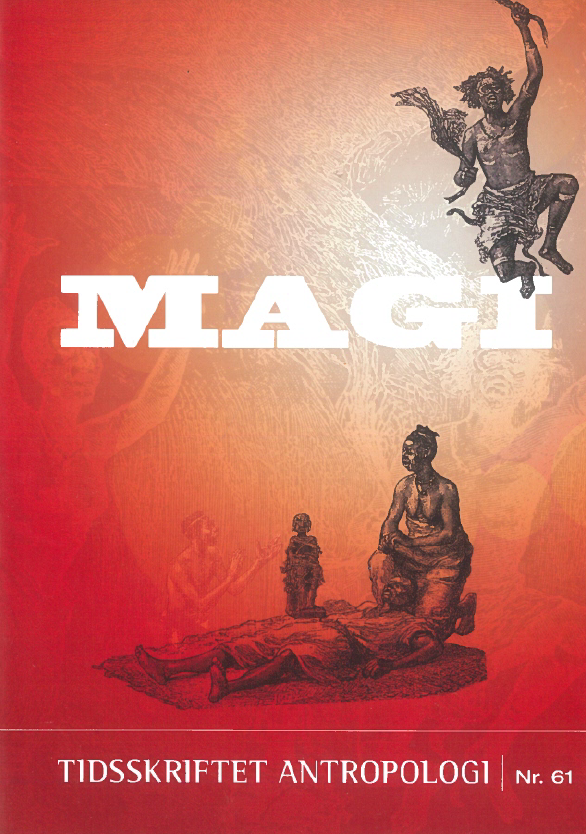ERHVERVSMAGI? Om charlatanisme og værdiskabelse ud af den blå luft
DOI:
https://doi.org/10.7146/ta.v0i61.106865Resumé
The author argues for the relevance of applying ethnographic theories of sociality,
magic and trickster to empirical data and discourse on contemporary economic
value creation and so-called “financial wizardry”. Salamon discusses contemporary
cases of massive financial fraud as instances of illusionism that draw on similar
social and significant mechanisms as did the performances of historical charlatans
and magicians. The article draws on publicly accessible information and media
coverage on two recent cases of substantial financial fraud, a historical analysis
of charlatanism in medieval Italy, as well as classic ethnographic theories of
magic. The argument relates the fraud cases to analyses of alchemical reasoning
and occultism and points out that charlatanism, magic illusionism and grand
financial fraud all profit from being “too good to be true” and “too cheap for the
price”. The cases are supernatural because their price and value stem from doing
“the impossible”. They seduce their audiences by the trick of the “cure all – no
risk – something out of nothing” financial performance, just as the illusionist’s
audiences are seduced by his impossible trick of pulling several large doves up
from one small hat. Salamon concludes that the “financial wizard’s” claim to
virtual, and rather Effortless, conjuring up of economic value resembles general
value creation under contemporary financial capitalism, resonating magic: The
“white magic” of contemporary financial capitalism only turns out to be defined
as “black magic” when it – after the fact - carries negative results for its investors,
audiences – and performers.
Keywords: Anthropology of management, fraud, theories of magic, theory of
value, charlatanism, trickster.
Downloads
Publiceret
Citation/Eksport
Nummer
Sektion
Licens
Ophavsretten til artiklerne i Tidsskriftet Antropologi tilfalder forfatteren.
Artikler publiceret i Tidsskriftet Antropologi må citeres, downloades og videresendes for ikke-kommerciel brug, under forudsætning af normal akademisk reference til forfatter(e) samt tidsskrift, årgang, nummer og sider. Artiklerne må kun genudgives med eksplicit tilladelse fra forfatter(e) og tidsskriftet.


